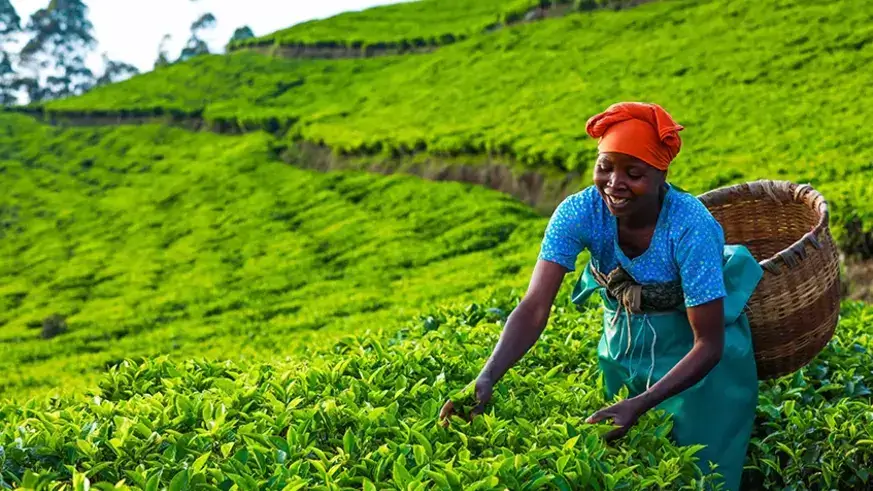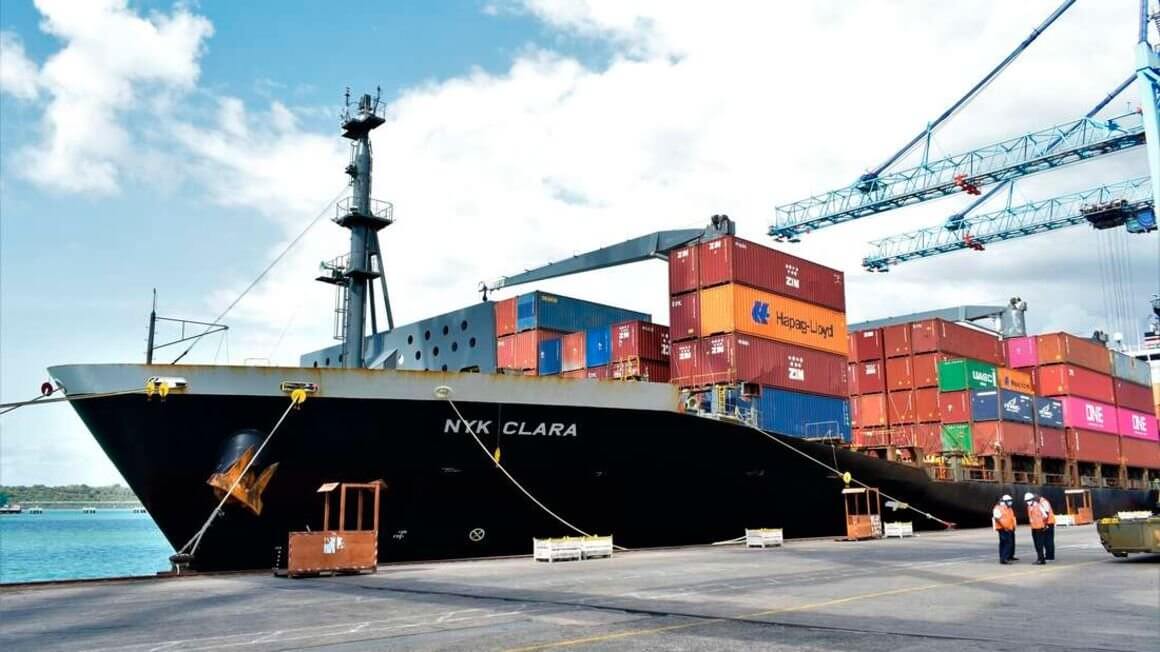A mantra that will be often heard in the corridors of power, whether in the developed or developing world, is that ‘the future belongs to the nations of the global south’. While this might seem like hyperbole, the potential of the Global South to become the driver of the world economy is absolutely real because the numbers reveal that to be true. Africa has 50% of the world's unused arable land (food demand is expected to increase on our continent by over 200% by 2030 and globally by over 50% by 2050). In addition, with improved logistics, the harnessing of better agricultural practices, and strong government and multilateral support, the future for agriculture and agri-business on the continent is bright. Among the many factors that will turn the obvious potential of Africa’s agriculture into reality is the strength of the continent’s commodity markets. Commodity markets have been dominated by the traditional global powerhouses (The United States of America, Japan, Australia, Germany, and Canada). However, what we are now seeing is that some of the largest commodity exchanges are now operating in emerging markets like India, Brazil, and China. While CME Group Inc (founded in 1848 at the Chicago Board of Trade) dominates the commodity exchange industry with over 20 million individual contracts transacted daily in recent years, others such as the ICE (International Exchange) and TOCOM (Tokyo Commodity Exchange) transact millions of commodity transactions daily worth tens of billions of dollars. The ability of these exchanges to connect producers to...
Africa must seize the global commodity exchange opportunity
Posted on: October 4, 2021
Posted on: October 4, 2021
























